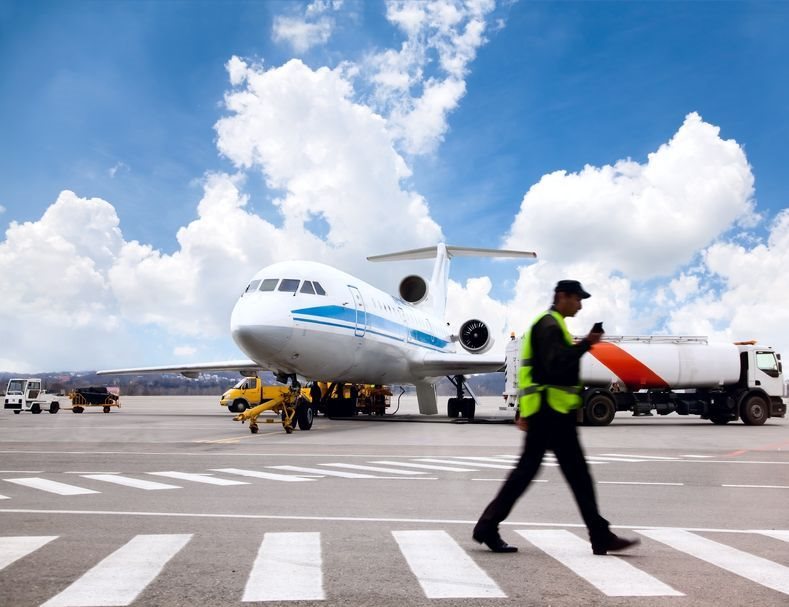
Top stories





Marketing & MediaWarner Bros. was “nice to have” but not at any price, says Netflix
Karabo Ledwaba 2 days

More news

Logistics & Transport
Maersk reroutes sailings around Africa amid Red Sea constraints

















Any application to the Essential Services Committee to have the whole or any part of the aviation services declared an essential service is unlikely to succeed – but in very particular circumstances it could be argued as an essential service.
The effect of being declared an 'essential service' is that such a declaration would severely restrict the employees' covered by the declaration ability to strike – such a strike would be unlawful. Employees and their employers would be forced to go to arbitration over pay hikes.
Under Section 23(2)(c) of the South African Constitution and Section 64 of the Labour Relations Act, all employees have the right to strike. However, the right is not absolute. Section 65(1)( d ) of the LRA states that no person engaged in an essential service may strike.
Section 213 of the Labour Relations Act defines an "essential service" as "a service the interruption of which would endanger the life, personal safety or health of the whole or any part of the population". The only two essential services mentioned in the act are the police services and Parliamentary services.
Economic harm resulting from a strike is not sufficient grounds to declare a service essential. For example, an attempt a few years ago to interdict striking employees responsible for delivering cash to ATMs on the grounds that they were delivering an essential service was unsuccessful.
The services rendered by commercial pilots, cabin crew and technicians would in most situations not satisfy the criteria to be classified as an essential service. These criteria, which are internationally recognized, require that satisfactory proof is provided to demonstrate that a strike- which interrupted the service- would result in the endangerment of the life, personal health or safety of the whole or part of the population.
Equally important is that there are numerous alternatives transportation options to South African Airways including a number of airline competitors, road and rail transportation.
On the other hand, air traffic controllers perform a service which without a doubt is an essential service, as should such employees engage in any form of industrial action, such interruption would endanger the life, personal health or safety of the whole or part of the population.
Another aspect to consider is that the airline industry and flying, in particular, is highly regulated by local and international aviation regulations which are strictly enforced by the authorities. SAA pilots are not on strike, but for example if the flight deck crew reported for work and the cabin crew did not because they were on strike, civil aviation laws would prevent such a flight from taking place, as cabin crew are an integral component of safety on board and are required on every passenger flight. This is also the position where technical staff are required to sign off on the safety of the aircraft before every flight, and if there is no sign off such flight cannot take off.
The concept of essential services is not fixed. A non-essential service may become essential if a strike lasts beyond a certain time or extends beyond a certain scope. At that point, it may endanger the life, personal safety or health of the whole or part of the population. For example, if no airlines were operating and pilots and cabin crew were needed to transport urgently needed medicine/food/critically ill patients, then it could be argued they are performing an essential service and should be prohibited from striking.